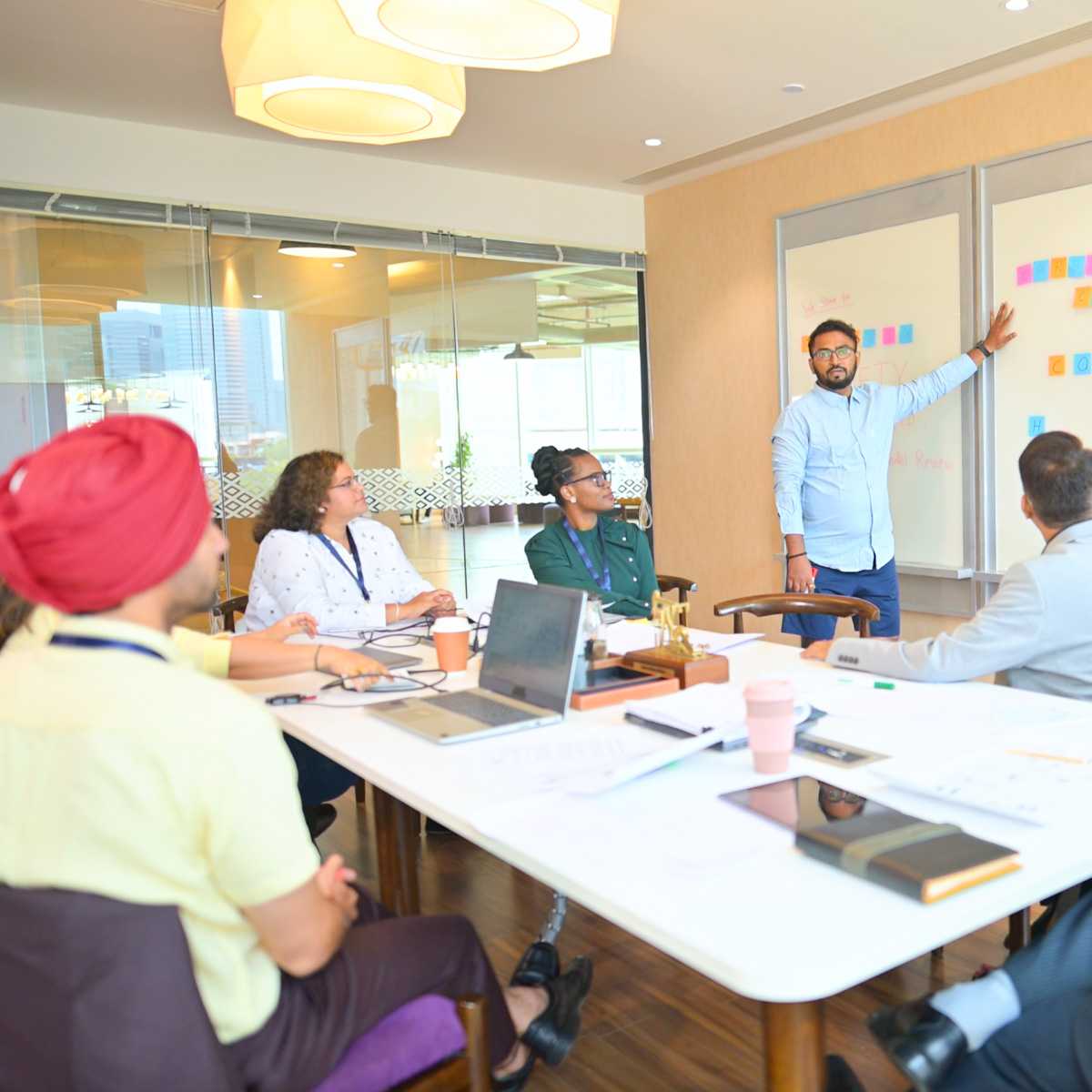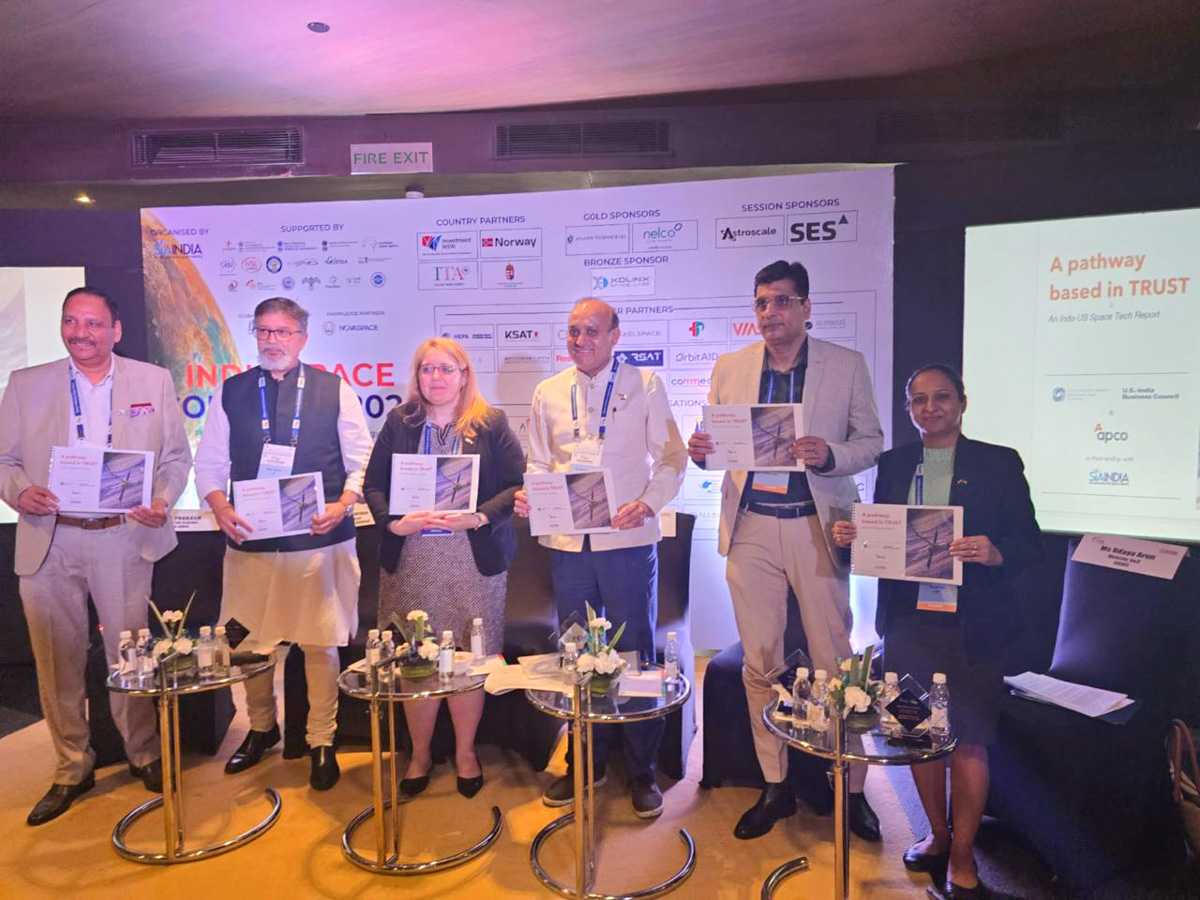

On the sidelines of the 2024 ABA Antitrust Spring Meeting, APCO hosted a roundtable discussion entitled “AI, Antitrust and Accountability” which featured Andreas Mundt, president of the Bundeskartellamt, Alexandre Cordeiro Macedo, president of Brazil’s Administrative Council for Economic Defense (CADE), and Reiko Aoki, commissioner of Japan Fair Trade Commission, and was moderated by Steve Clemons from Semafor. The event highlighted how some enforcers believe they have the right tools to ensure a level playing field while others are prepared to find novel ways to tackle disruption of new technologies and will create new laws and policies if necessary.
Germany: Regulation 2.0 or Risk of Breaking Up Companies
Mundt acknowledged that using traditional antitrust law to investigate large companies has been unsuccessful in Europe to date. This is why a new swathe of legislation has been introduced, including the EU Digital Markets Act (DMA) and Germany’s sharpened antitrust law. “I think we are really in a decisive area of enforcing competition law,” Mundt said. “Will it work in Europe? Or will it not? Will the DMA bring a real impact? Will it make a real difference for the main markets?”
Mundt warned that digital companies need to fall in line with new laws in the EU or risk pushing policymakers into drafting stiffer laws that could lead to corporate breakups. “And this is what I also tell all these companies: ‘if you are not ready to comply with the law in a way that the legislator in Europe wants you to do, I can assure you one day, even in Europe, there will be the call for breaking these companies.’”
Mundt explained that consumers are looking for a “decisive” moment for digital regulation, with a need not just for “fairness” but “contestable” markets as well. This is “Regulation 2.0,” he said, noting the crucial timing to determine whether the new powers brought results. “If it does not work, policymakers will not stay on the sidelines and say: ‘oh, sorry, 1.0 didn’t work. 2.0 didn’t work.’ They would say: ‘okay, now we need to go for 3.0.’”
Brazil: Algorithms, Price Fixing and Interim Measures:
Cordeiro Macedo outlined the importance of artificial intelligence in everyone’s daily lives and the efficiency it creates. He did raise concerns about how much deficiency and harm AI could cause for society. Certain companies have been developing AI for a long time but there is a risk of a “winner takes all” outcome. A balanced approach is needed as he warned that pre-regulating AI could slow down innovation and development of the tech industry.
The use of interim measures provides the Brazilian authority with the possibility of pre-regulation by analyzing issues case-by-case and using the existing antitrust laws. Cordeiro Macedo recognized that this is completely different to how things are done in the United States and in Europe. “When we are talking about exclusive clauses and self-preferencing this has been working a lot,” Cordeiro Macedo said. “Because we start the conversation about the conduct, we stop the conduct with an interim measure, and the party comes to CADE and says okay let’s do a settlement here and we can frame in a contract the regulation for that specific case.”
Japan: The Importance of Skilled Workers in AI and the Challenge of Copyright
Aoki highlighted that the competitive advantage of having access to skilled tech workers is as important as hardware when it comes to the development of AI. She called on enforcers to keep an eye on labor contracts when thinking about AI competition policies. “Graphics processing unit (GPU) is very important, but so is being able to write code,” said Aoki. The migration of tech specialists from one company to another after mergers is an area to keep a close eye on, and Aoki called on regulators to determine “how labor competencies work and what types of contracts are in place” to produce competitive technology.
Aoki pointed out the data held by Japan, both industrial and creative, raises intellectual property issues such as copyright in their AI use. “And [copyright] is one area where there’s very little global consensus,” Aoki said, “now is the chance that it’s become relevant for everybody in the economy—not just for authors, not just for newspapers, not just for creators.”
Conclusion
Companies today face a challenging environment as merger and antitrust reviews are being transformed by increased political and third-party interference. Established rules and traditional tools are no longer enough to ensure success. Campaigns strategically deployed to engage key stakeholders and sophisticated, substantive public affairs interventions are must-haves when navigating these challenges.
Companies need to be prepared for increased interventions, elongated timelines and the combined use of antitrust rules and targeted regulatory initiatives in many jurisdictions. We have seen these efforts result in potentially divergent approaches and outcomes. Being prepared to navigate issues beyond traditional legal approaches, with locally relevant and globally coordinated proactive engagement and alliances are critical to ensure success.


